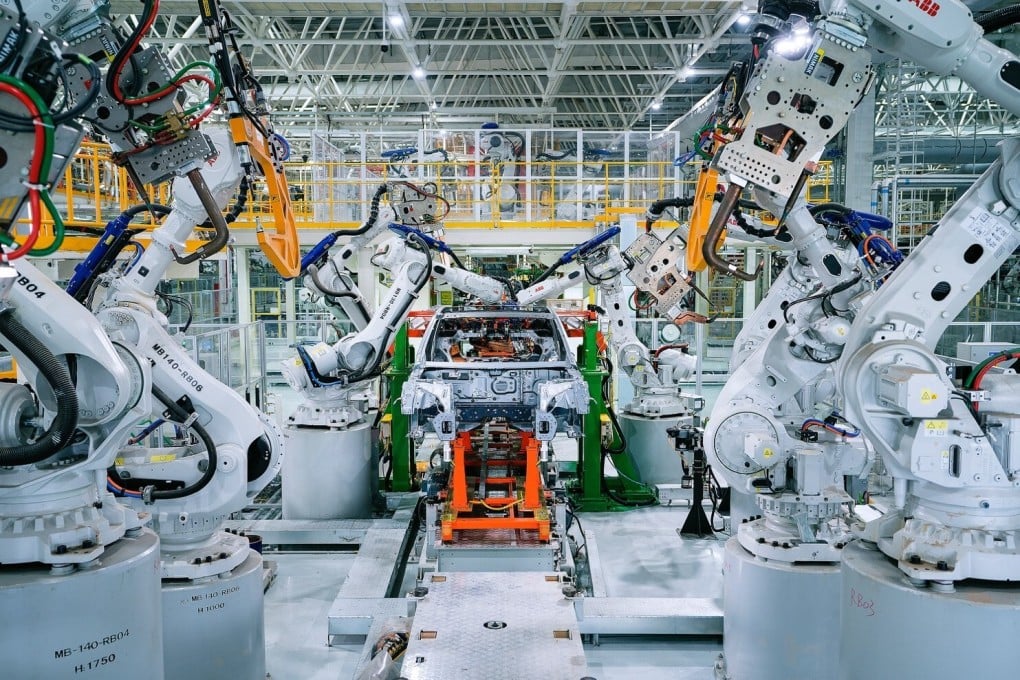Opinion | From AI to medical research, why innovation must not be left to innovators alone
- The innovation agenda has been captured by narrow groups of investors and firms whose values and interests don’t necessarily reflect society’s needs
- The public sector provides the essential social, legal and educational infrastructure that sustains private R&D and can thus help ensure innovation mirrors social priorities

Innovation is the engine that drives contemporary economies. Living standards are determined by productivity growth, which in turn depends on the introduction and dissemination of new technologies that allow an ever-wider variety of goods and services to be produced with fewer of our planet’s resources.
Policymakers and the public at large understand the importance of innovation. What is less well appreciated is the degree to which the innovation agenda has been captured by narrow groups of investors and firms whose values and interests don’t necessarily reflect society’s needs.
Innovation in the private sector depends crucially on government funding of basic science and research labs. It relies on scientific talent trained in universities supported by public funds. The state provides innovators with monopoly rights through the patent system, and ensures the private appropriation of returns on R&D through labour and contract law. Not least, private R&D is heavily subsidised by the state through tax credits and other policies.

01:04
Facebook CEO questioned over own privacy in Senate hearing
The direction of technological change is not fixed or determined from outside the social and economic system. Instead, it is shaped by incentives, values and the distribution of power.
